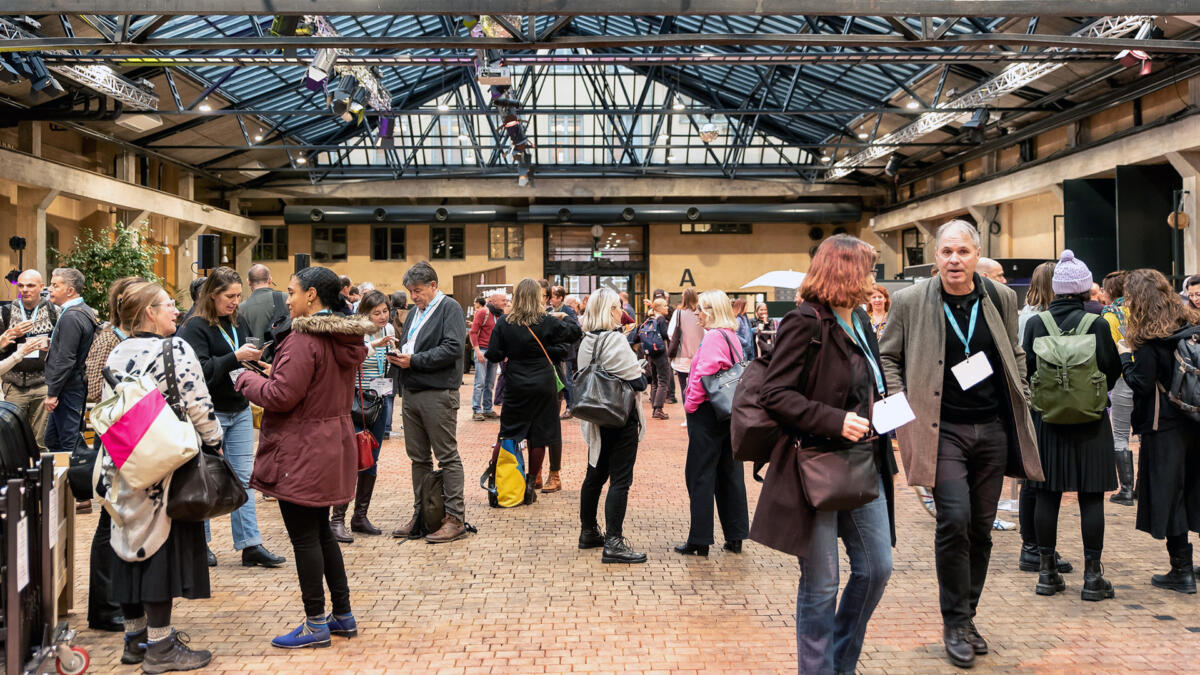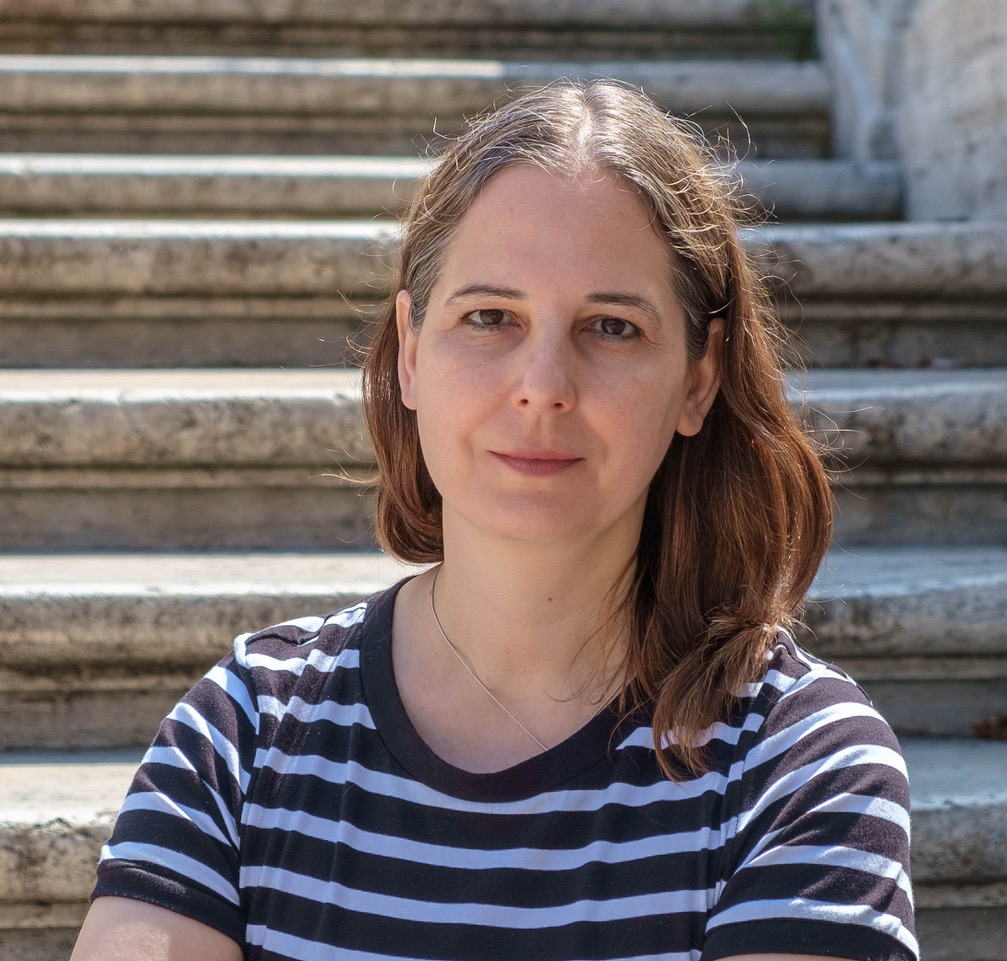Dramaturgical thinking creating new pathways to knowledge
This year’s theme for the Colloquium for Artistic Research (CARPA) focuses on dramaturgical thinking and invites participants to move and play.

The eighth CARPA conference will be organized in 24-26 August 2023 at Uniarts Helsinki’s Theatre Academy. The Comparative Dramaturgy and Performance Research programme (CDPR) was invited by the Performing Arts Research Centre (Tutke) to join the conference planning. CDPR is one of the Theatre Academy’s newest international programmes and a collaboration between five European universities.
The theme, solvitur ambulando (dramaturgies of artistic research), means “solved by moving” in Latin and was inspired by the medieval scholar St. Augustine’s notion that theoretical knowledge can be tested and proved through practical demonstrations. As conference committee member Katalin Trencsényi – a dramaturg, researcher and current lecturer in the CDPR programme – explains:
“We wanted to figure out how conversations about dramaturgy in theatre fit with conversations about artistic research. Through dialogue, which is a very dramaturgical way of working, we developed the theme. We were looking for areas overlapping, areas conflicting, and areas of interest.”

Questions that have arisen are, for example: How do dramaturgy and artistic research hold the opportunity for positive utopias? How might we engage with dramaturgy and artistic research as co-designing methods? How does the widespread algorithmization of many vital societal functions impact dramaturgy and artistic research?
From these conversations, the conference committee (Otso Huopaniemi, Leena Rouhiainen, Jess Applebaum, and Trencsényi) has developed three strands that form the thematical basis of the three-day conference: Transitions and transgressions; Thresholds and frictions and Algorithmization and automated movement. Each strand will have keynote addresses by internationally acclaimed scholars in dramaturgy, performance studies and artistic research. They are Synne K. Behrndt, Marcela A. Fuentes and Hanns Holger Rutz, respectively.
Thinking in motion
Not only thematically, dramaturgical thinking is also applied to the way the conference has been structured, updating conference traditions altogether. The first day follows a traditional colloquium format with lectures, lecture performances and workshops. The second day, however, is dedicated to what Trencsényi calls wandering, a moving laboratory, where conference participants explore questions that arise from the first day by walking around the city of Helsinki. To facilitate the process, the committee members will create trails and maps for the participants. The second day will also include a screening of short films, showcasing local artists’ and researchers’ work.
“We want to set questions in motion, both metaphorically and physically.”
The third day is called commoning and will bring all findings together. Keynote addresses are saved to the last day – the presenters will weave in all the participants’ discoveries and findings to their own lectures.
“The conference participants can expect playfulness and seriousness in equal measure.”
Trencsényi feels that art and artists can impact society. For her, dramaturgical thinking means critical thinking and questioning of what is considered obvious.
“There is too much at stake for us artists not to recognize our agency in bringing about change.”
Registration to the 8th CARPA conference is open until 13 August 2023.